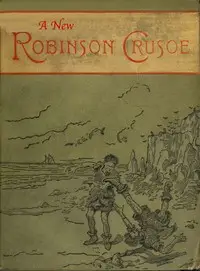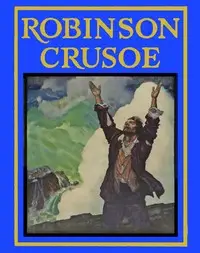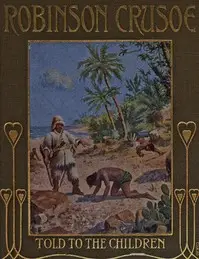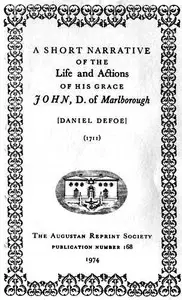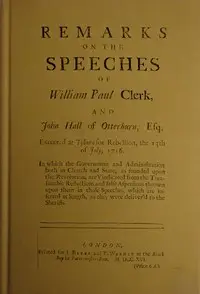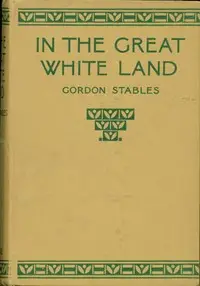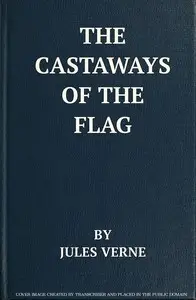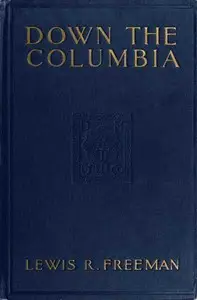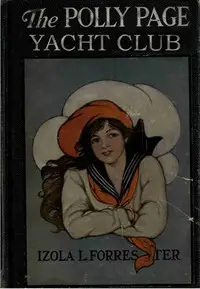"Robinson Crusoe in Words of One Syllable" by Mary Godolphin is an accessible version of Daniel Defoe's well-known story, designed for young people. It tells the story of Robinson Crusoe, who ends up alone on an island after his ship crashes, who grapples with being alone and figuring out how to stay alive. It begins by showing young Crusoe’s desire to travel and the troubles he faces at sea, even being captured by pirates, which all lead to him being stranded. Readers see Crusoe's inner thoughts and the hard choices he faces, hinting at how he will change from a young man seeking fame to someone who must use his intelligence and strength to live. Written with simple words, it allows young readers to enjoy this classic tale of excitement and survival alone.

Robinson Crusoe — in Words of One Syllable
By Daniel Defoe
A lone sailor's journey begins as shipwrecked and captured, forcing him to transform in order to survive his isolated island.
Summary
About the AuthorDaniel Defoe was an English novelist, journalist, merchant, pamphleteer and spy. He is most famous for his novel Robinson Crusoe, published in 1719, which is claimed to be second only to the Bible in its number of translations. He has been seen as one of the earliest proponents of the English novel, and helped to popularise the form in Britain with others such as Aphra Behn and Samuel Richardson. Defoe wrote many political tracts, was often in trouble with the authorities, and spent a period in prison. Intellectuals and political leaders paid attention to his fresh ideas and sometimes consulted him.
Daniel Defoe was an English novelist, journalist, merchant, pamphleteer and spy. He is most famous for his novel Robinson Crusoe, published in 1719, which is claimed to be second only to the Bible in its number of translations. He has been seen as one of the earliest proponents of the English novel, and helped to popularise the form in Britain with others such as Aphra Behn and Samuel Richardson. Defoe wrote many political tracts, was often in trouble with the authorities, and spent a period in prison. Intellectuals and political leaders paid attention to his fresh ideas and sometimes consulted him.



